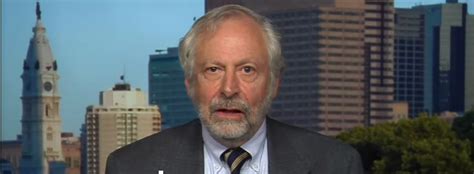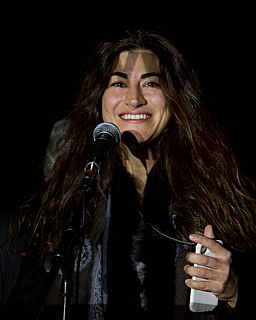A Quote by Leon Charney
I remember when I was in the Middle East, Yasser Arafat used to go to Bahrain and Qatar on a Thursday and then go to Saudi Arabia and get his financial help on a Saturday.
Related Quotes
People - whether you like to hear what people have got to say, not you have got to listen to them, and turning your back on people I found very insulting. If you're going to really make peace, you have got to confront each other and look each other in the eye, and that's what's happen - I'm always remember Yitzhak Rabin shaking hands with Yasser Arafat and the reluctance in - Yasser Arafat put his hand down and the reluctance of Yitzhak Rabin, but then he had that second and then he just shook the hand.
We are not shrinking from talking to Saudis or anyone else in the region, but it is up to each nation in the region to decide on its own how it will proceed and at what pace. There are other nations in the region that had similar policies to Saudi Arabia that are starting to make changes, such as Bahrain, Kuwait, Qatar, Morocco. And so it takes time but when you see the need for such changes, then changes tend to follow.
I think the public is very reluctant to get involved in more foreign wars, especially in the Middle East. And they understand, implicitly, that we go to war in the Middle East because of oil. And if we don't want to go to war in the Middle East, then we have to do something about the oil problem. And I think that view is gaining ground in the U.S.
Sadly, a U.S. invasion of Iraq 'would threaten the whole stability of the Middle East' - or so Amr Moussa, secretary-general of the Arab League, told the BBC on Tuesday. Amr's talking points are so Sept. 10: It's supposed to destabilize the Middle East. The stability of the Middle East is unique in the non-democratic world and it's the lack of change in Iraq, Iran, Saudi Arabia, Syria, Egypt that's turned them into a fetid swamp of terrorist bottom-feeders.
I would recommend any American who wants to understand where the government is going in the next four years of George W. Bush presidency to get a copy of her confirmation hearings before the Senate Foreign Relations Committee. It's a road map, and it's pretty frightening testimony. Their definition of where democracy should go in the Middle East doesn't include Egypt, Jordan, Saudi Arabia, Pakistan; it only includes Iraq, Iran, and Syria.


































